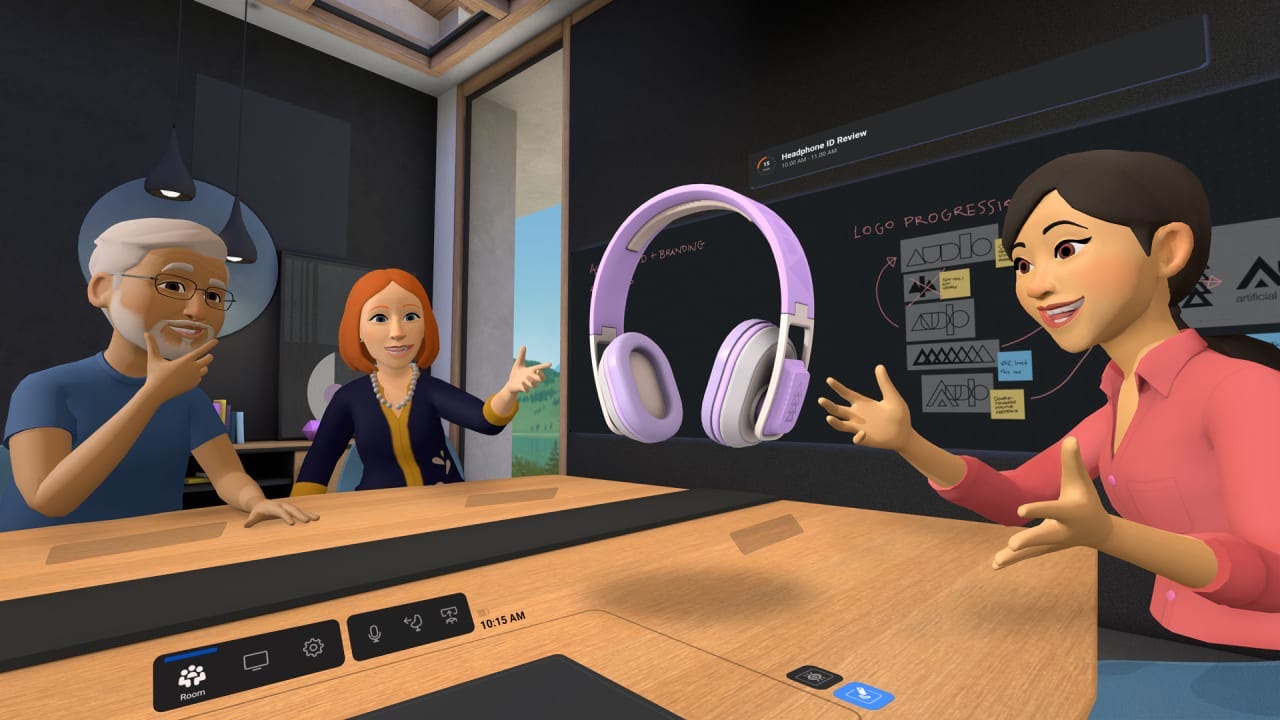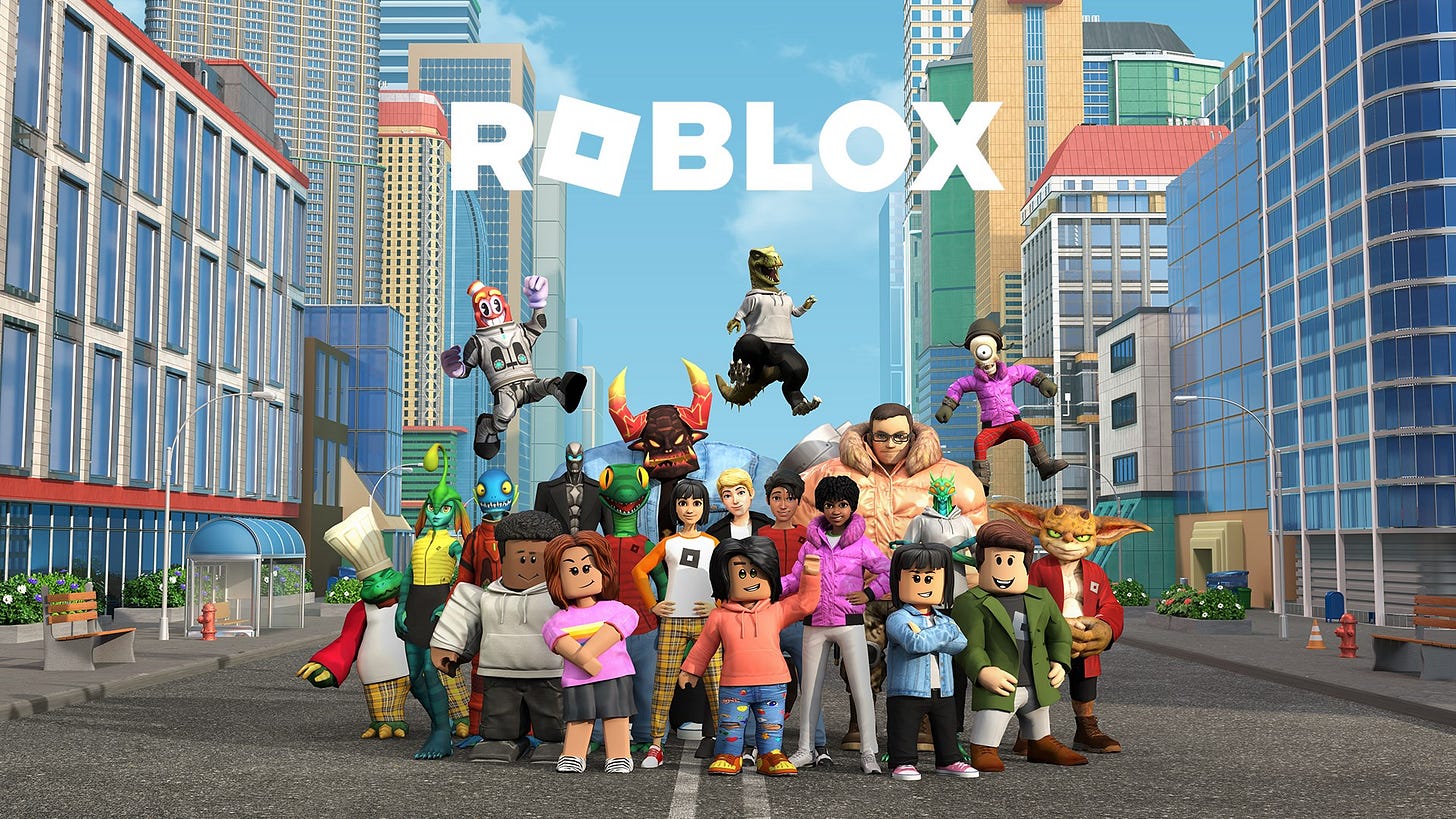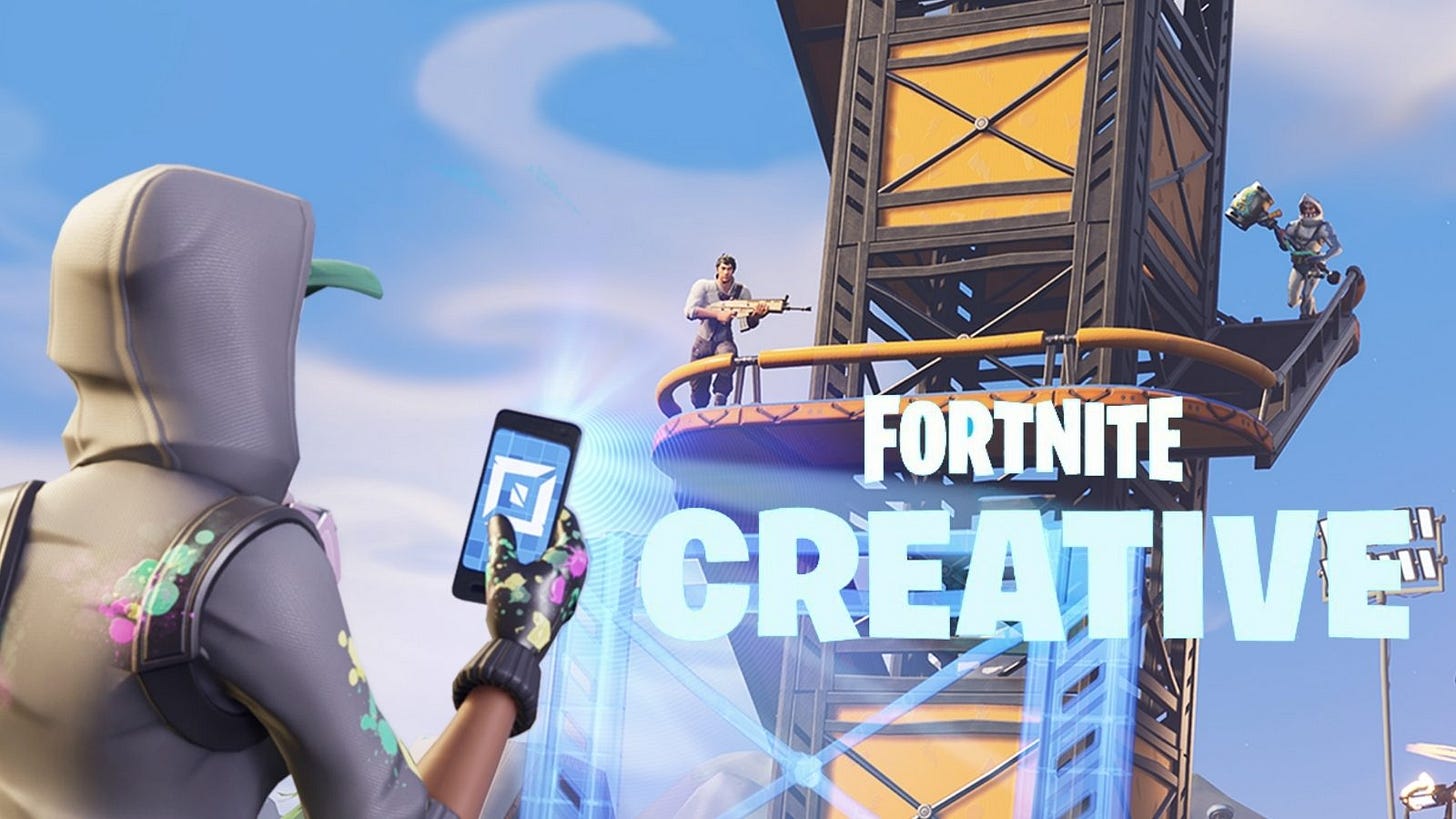A New Year's Letter from Yon
In 2023 we'll see continued investment from Meta in Reality Labs; Consistent growth from Roblox; Unreal Engine integration into Fortnite Creative; and Blockchain-based platforms showing slow growth.
Hey, Yon here! Welcome to the first letter of 2023 by Into The Metaverse. Subscribe (free) to get access to every letter and podcast show that I publish.
Greetings! I would like to begin by wishing everyone a Happy New Year.
2022 was a monumental year for the metaverse, continuing its rapid journey from a mere sci-fi concept into something that starts to have a clearer definition and purpose. However, we’re still establishing an industry-wide consensus on what the metaverse should and could become and what are some early, convincing examples for consumer and business applications. I expect this to continue forming in 2023.
During 2022 we’ve seen highs and lows for the category, which makes perfect sense given how nascent it is. Here’s a few of 2022’s highlights and how things could play out in 2023 through the lens of several key stakeholders -
Meta
Meta continued to invest billions of dollars into its Reality Labs division in 2022, driving forward its metaverse efforts - this included, among other things, the release of the Meta Quest Pro, announced during Meta’s developer conference. Meta also terminated 11,000 employees and managed to meet some of Wall Street’s expectations to reduce the company’s expenses. In 2023 I expect Meta to continue its significant investment in Reality Labs, and while many people struggle to see how or why Meta can become a key player in helping to build the metaverse, I wouldn’t underestimate Mark Zuckerberg and his relentless pursue of building the future. That being said, I do believe that Meta’s biggest challenge is building a comprehensive developer community who will in turn create exceptional content and experiences to attract users. Without that, Meta will find it very difficult to be a serious contender in this emerging category during 2023 and beyond.
Another aspect that should not be understated is that the anti-trust regulator will most likely not allow Meta to deliver on its metaverse ambition through acquisitions. What this means is that Meta will need to continue and invest heavily in internal R&D to drive its innovation in the space. As a reminder, one of the primary ways through which Zuckerberg was able to turn Facebook from a single destination social network into a social media behemoth was by acquiring Instagram and WhatsApp (it also acquired Oculus which was the basis for establishing its Reality Labs division), and so it remains to be seen how Meta will perform. Some people believe that Meta should spinoff its Reality Labs division in order to separate it from the cash-generating business (called Family of Apps) although it’s unclear if that will actually happen.
Bottom line: I don’t believe Meta will drive significant developer adoption in 2023 but we’ll certainly see continued investment. While on the consumer front Meta is competing against companies like Roblox, Epic Games and RecRoom (among others) the more immediate business impact for Meta’s metaverse efforts I believe will come from its enterprise business, where it competes with Magic Leap and Microsoft’s HoloLens, among others.
Roblox
Roblox is currently the undisputed category leader of of metaverse-type platforms, despite its dominant position with primarily under 18 year old users. While Big Tech and other companies such as Epic, as well as emerging platforms built on Blockchain continue to establish their proposition for both developers and users, Roblox’s flywheel is working extra hours, cementing the platform as the go-to place for brands and IP owners who seek to establish presence in virtual world platforms. In 2022 Roblox made major announcements that illustrate not only the depth of its ecosystem but also proves that its continued investment in R&D drives technical and product innovation which in turn strengthens its flywheel. We’ve also seen major brands such as Walmart and Amazon launching bespoke experiences on Roblox, as well as fashion and beauty brands such as Nars Cosmetics and Givenchy, joining now more than 100 brands who launched bespoke experiences on the platform.
In 2023 I expect to see continued investment by Roblox in its infrastructure, engine, developer tools and avatar fidelity, ensuring that the developer community can continue to build exceptional experiences for Roblox’s passionate user-base of nearly 60 million daily active users, as well as continuing to encourage brands to launch bespoke worlds by partnering with established developers.
Bottom line: While we’ll likely see other platforms such as Fortnite Creative, Minecraft and RecRoom continuing to grow, Roblox will maintain its leadership position in 2023 and potentially beyond due to the five pillars which I previously wrote about (Developer Ecosystem, Content & Experiences, Aged-Up Users, Daily Active Users, Geographic Breakdown).
Epic Games
Epic Games is a multi-faceted business and among its most precious assets is Fortnite, the free to play battle royale game, and one of the world’s most popular video games, which was expanded by Epic into Fortnite Creative, a sandbox environment where users can create their own meta-games and maps for anyone to access and play. In simple terms - Fortnite Creative aims to become Epic’s own “Roblox”, i.e. a user-generated content platform where anyone can create any 3D experience and make it available to users while monetizing the experience. During 2022 we’ve seen many brands launching activations inside Fortnite Creative and we’ve learned about Epic’s plan to integrate the Unreal Engine into Fortnite Creative (aka UEFN) in what would unlock a whole new realm of possibilities for developers. It remains to be seen when will UEFN will launch as Epic but estimates suggest early 2023. Alongside the next iteration of Fortnite Creative, Epic is also working with Lego on a metaverse for kids. Not much has been disclosed about it but I expect we’ll learn more about this effort this year.
Bottom line: Alongside Roblox, Epic Games has the most promising platform and set of capabilities to offer both developers and users. The Unreal Engine is likely the most advanced game engine in the industry, Epic’s games store continues to grow as a competitor to Steam, and Fortnite Creative attracts brands who seek it’s core demographic of 18-25 year old users (primarily male). This could well change and evolve, especially once Epic integrates the Unreal Engine into Fortnite Creative which will enable developers to create more advanced, bespoke experiences, but I believe the major evolution of Epic’s ambition with Fortnite Creative (and possibly its partnership with Lego) will take place in 2024.
Blockchain
While Blockchain is not a platform I refer to this cluster of platforms as “blockchain-based platforms”. Included in this cluster are Decentraland, The Sandbox, Otherside (by Yuga Labs) and others. In 2022 there has been a lot of discussion on whether we can actually build the metaverse without Blockchain, on which I shared a clear perspective (bottom line: no, in my mind blockchain is not a must for a metaverse to emerge but it’s an essential component to enable a metaverse that is open). That being said, we continued to see blockchain-based platforms gaining traction albeit a marginal one, especially when comparing them to the enormous audience size of Roblox, Fortnite Creative and Minecraft. The major decline of the wider crypto space in 2022 didn’t help blockchain-based platforms build their case although that’s not necessarily a bad thing. The 2021 hype of crypto and NFTs created expectations that were far from reality when it comes to what platforms like Decentraland and The Sandbox are able to provide to users and to brands.
Bottom line: The promise of an open, user-owned metaverse is exciting, no doubt about that. It’s also a huge ambition and not something that will be achieved by one company. It is my belief that to build a truly open, interoperable metaverse we will need a large scale collaboration between multiple stakeholders, with both Blockchain-native platforms and “web2.0” platforms. That will likely take time to happen, if at all. In the meantime, in 2023 I estimate that we will continue to see Blockchain-based platform maintaining their gradual evolution although I don’t expect to see major advances. Some of the platforms such as The Sandbox don’t have yet a scripting language that enables creator to build more sophisticated game experiences and their graphics suite remains limited. Decentraland on the other hand has slightly more expanded toolset for creators but as an open source platform it is challenging to rapidly scale although we might still see brands activating there, those who don’t see either Roblox or Fortnite or Minecraft as a fit. Last but not least, we will hear more about Yuga Labs’ grand ambition with Otherside to build a “Roblox for adults” although I don’t expect we’ll see major user adoption in 2023 given how much needs to be built to enable a “Roblox” level of infrastructure and functionality for creators.
2023 is here. Let’s build.
If you liked this letter:
And:
Our mission is to become the leading destination to learn about the metaverse - what it is, why it’s important, how it will impact our lives, and what opportunities it unlocks. We are pursuing this mission by publishing podcast shows and letters that help make sense of the metaverse.
Into The Metaverse covers companies, technologies and trends that are bringing this promise to life. Yonatan Raz-Fridman “Yon” (founder & CEO of Supersocial) interviews the brilliant minds building for, and investing in, the Metaverse.









